
Sign in to your Collider account
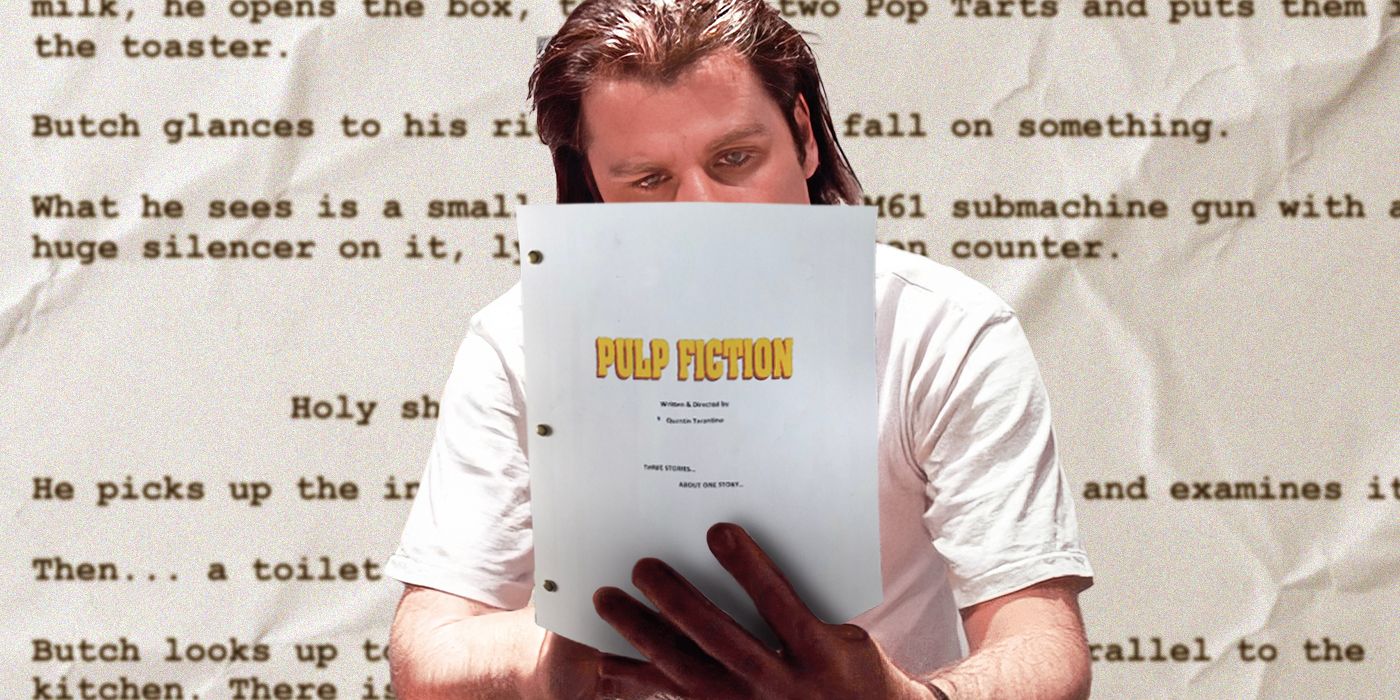 Custom Image by Federico Napoli
Custom Image by Federico Napoli
There is perhaps no profession in the art form of filmmaking as foundational as screenwriting. It's the script and all that it entails — ideas, themes, characters, plot points — that serves as the seed that later blooms into a proper motion picture. There's no set formula for what makes a screenplay great, which is precisely what's allowed an admirable variety of scripts to excel throughout the years. Whether it's a character-driven fantasy epic, a subtext-filled dramedy, an explosive action thriller, or whatever other kind of film one can think of, absolutely anything can make for an exceptional screenplay.
Great scripts are rare enough, but one that reaches what can be called true perfection is a gem that's only come about a handful of times throughout history. From modern masterworks like Jordan Peele's Get Out to classics that have influenced generations of writers like Reginald Rose's 12 Angry Men, the few screenplays that are truly flawless throughout prove just how important a good script is to an overall film production.
10 'The Lord of the Rings: The Return of the King' (2003)
Written by Peter Jackson, Fran Walsh, and Philippa Boyens
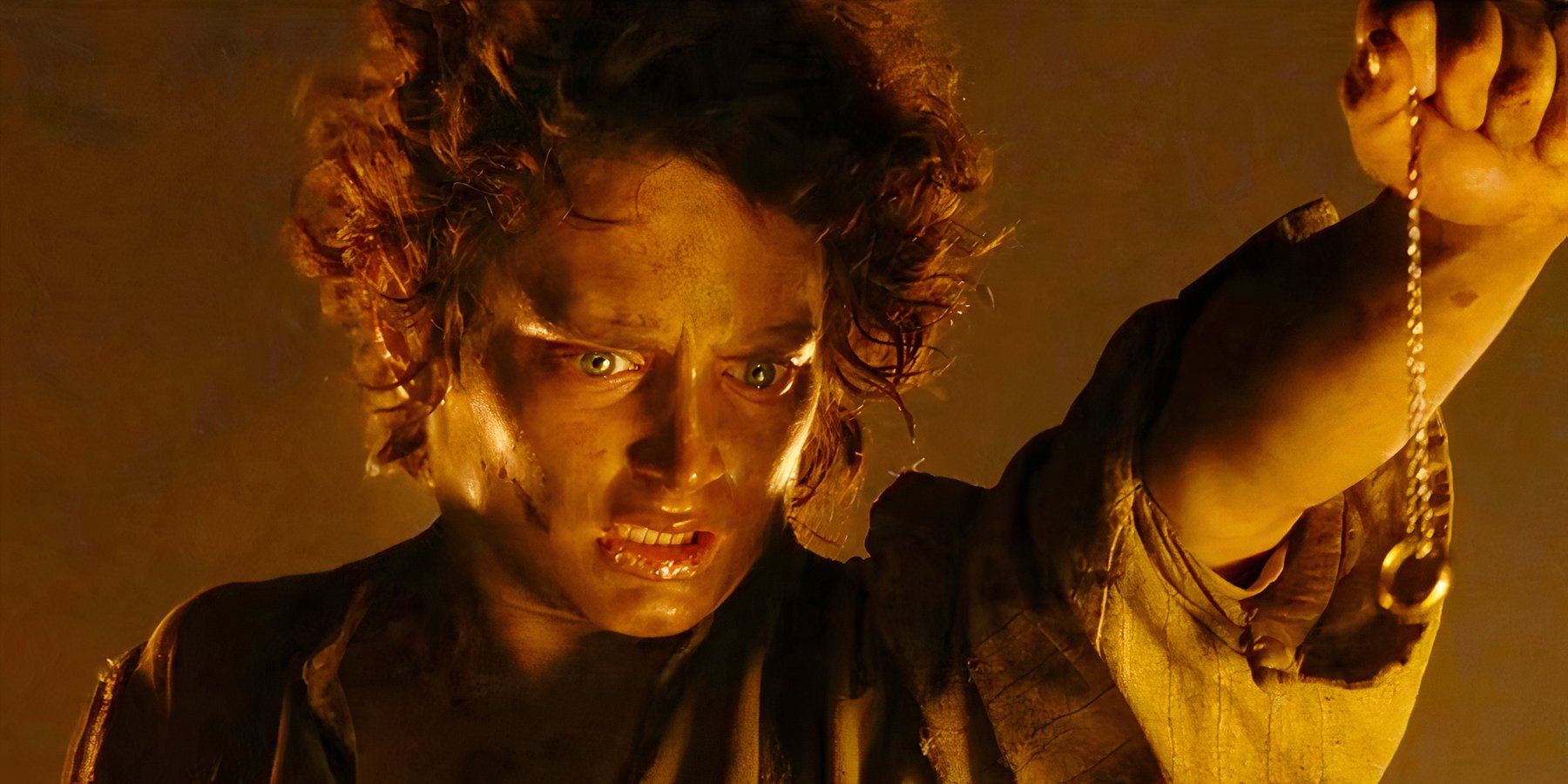 Image via New Line Cinema
Image via New Line Cinema For a long time, it wasn't unreasonable to believe that a mythos as massive as J.R.R. Tolkien's Legendarium was simply impossible to turn into a film that fully lived up to the material. New Zealand cult filmmaker Peter Jackson proved those doubts wrong between 2001 and 2003 when he blew everyone away with his adaptations of The Lord of the Rings. Of the three installments, the practically undisputed best is the last, Return of the King. In it, the Fellowship leads the World of Men against Sauron's army in a last stand meant to distract the enemy from Frodo and Sam as they approach Mount Doom to destroy the One Ring.
The movie's Oscar-winning script is far more than just a simple hero's journey fare. Indeed, it's a satisfying conclusion to the story in every single sense possible, delivering some of the most epic battles and emotionally stirring moments that the fantasy genre has ever seen. It's a nearly 3-and-a-half-hour-long adventure without a single dead spot in its gargantuan story. Great, poetic dialogue, grand character arcs, and moving payoffs all populate what's easily the best script of any fantasy epic.
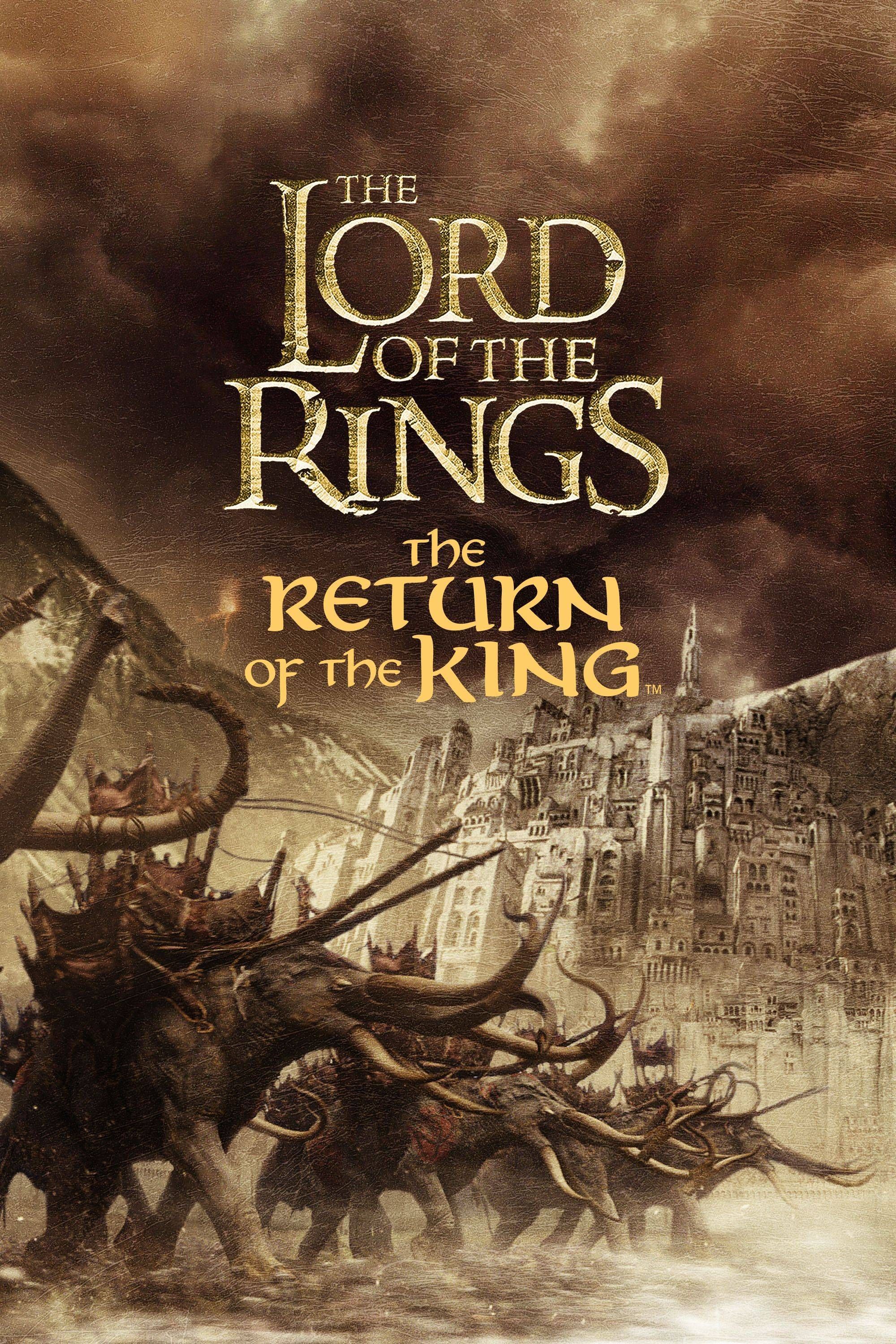
Release Date December 17, 2003
Runtime 201 Minutes
9 'Pulp Fiction' (1994)
Written by Quentin Tarantino and Roger Avary
 Image via Miramax
Image via Miramax Many people's favorite screenwriter of all time is Quentin Tarantino, and it's impossible to blame them. The filmmaker has written some of the most exciting and creative scripts in history, his very best arguably being the phenomenal Pulp Fiction. It's a multi-narrative story following the lives of two mob hitmen, a boxer, a gangster and his wife, and a pair of diner bandits as they intertwine in a tale of violence and redemption.
There are plenty of things that make Pulp Fiction a legendary cult classic, from the iconic cast to Tarantino's vibrant direction, but its best attribute is easily its screenplay. The way that Tarantino weaved different stories so masterfully was revolutionary at the time, and it influenced a wave of similar films in the following few years. The humor, characters, and pastiche pulpy tone are all some of Tarantino's best work, and — of course — the dialogue, perhaps his best skill as a writer, is as polished and memorable as it's ever been here.
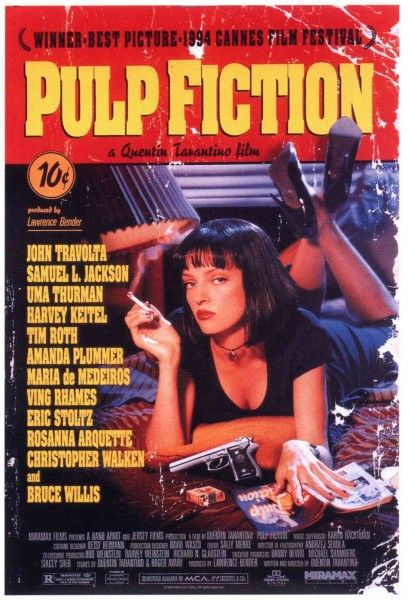
Release Date September 10, 1994
Runtime 154
8 'Get Out' (2017)
Written by Jordan Peele
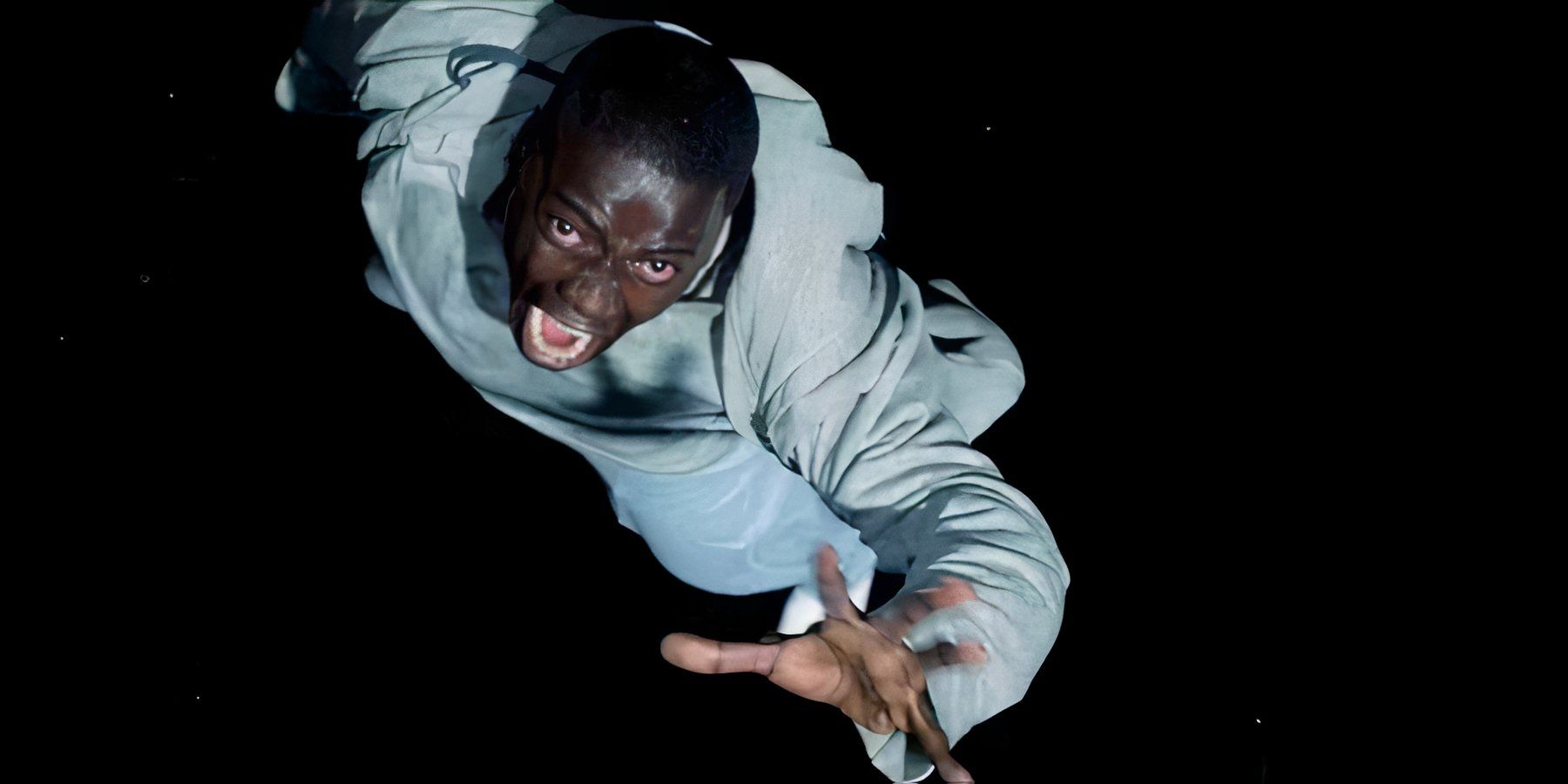 Image via Universal Pictures
Image via Universal Pictures Who knew that sketch comedian Jordan Peele had it in him to write what's celebrated as one of the best horror movie screenplays of all time? Certainly not the vast majority of audiences, who were taken aback by just how extraordinary his directing debut feature, Get Out, turned out to be. It's a dark comedy about a young Black man visiting his white girlfriend's parents for the weekend. There, his simmering uneasiness about their reception starts proving to be well-founded in the most terrifying ways possible.
By far one of the most flawless writing efforts of the 21st century thus far, Get Out cemented Peele as a voice to look out for in contemporary horror. Balancing humor and scariness as very few writers can, Peele crafts a thematically intricate tale about the Black experience and the commodified value of Black bodies. Of course, the outstanding performances and Peele's stunning direction add an awful lot to the film, but without such a perfect screenplay, it wouldn't have worked even half as well as it does.
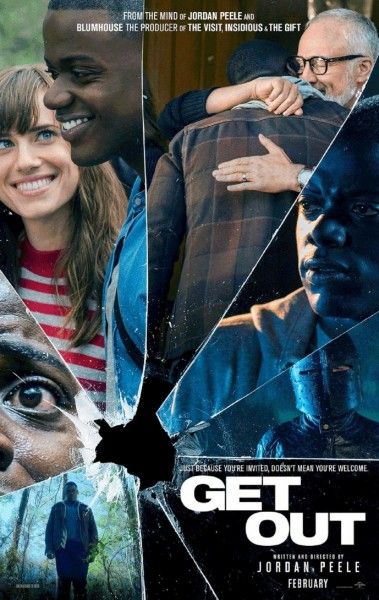
Release Date February 24, 2017
Runtime 103 minutes
7 'Some Like It Hot' (1959)
Written by Billy Wilder and I.A.L. Diamond
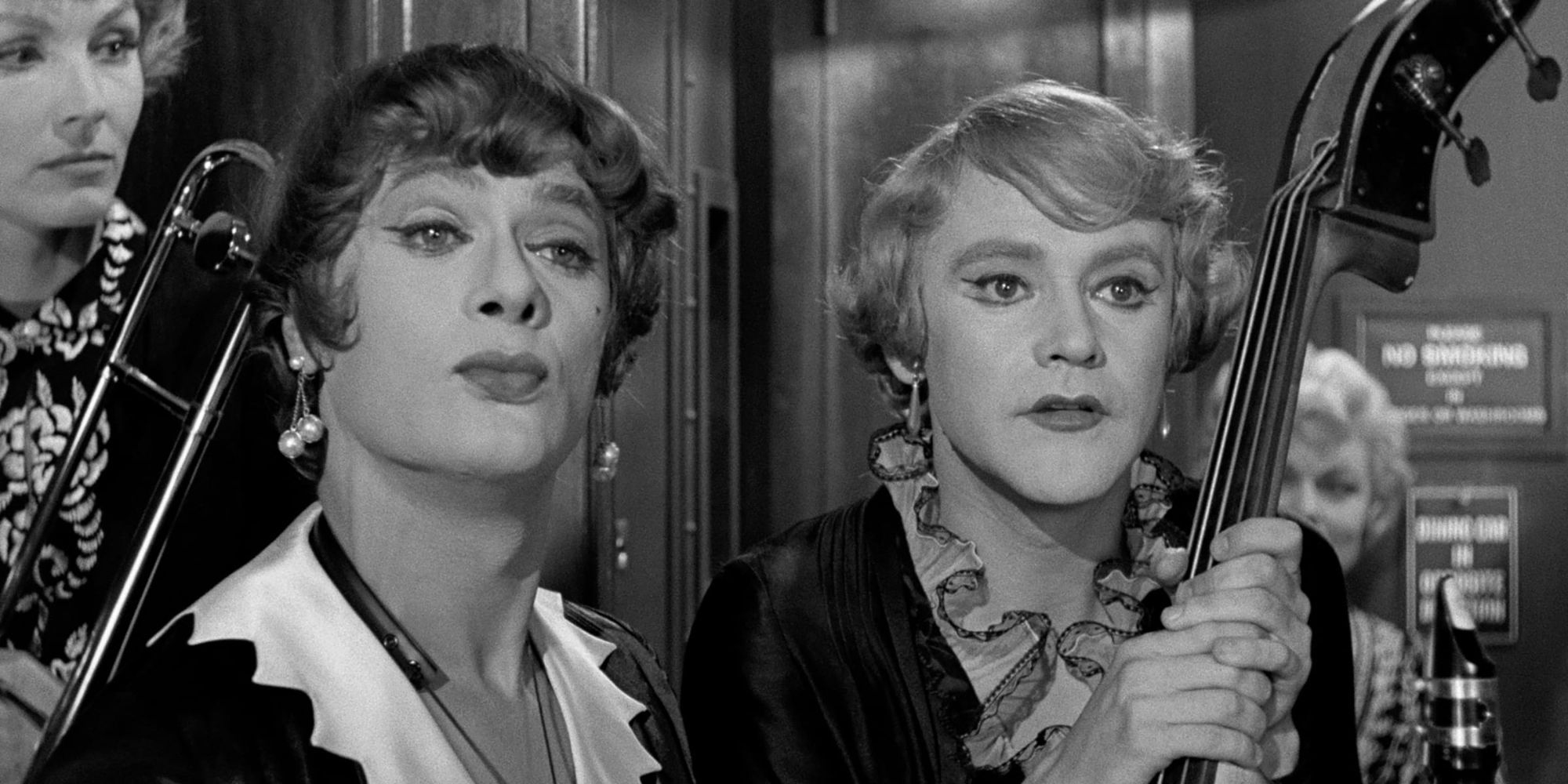 Image via United Artists
Image via United Artists I.A.L. Diamond was one of the greatest screenwriters of Hollywood's Golden Age, and writer-director Billy Wilder may just be the greatest screenwriter of all time. As such, it's no surprise that their collaboration produced the most perfect rom-com script ever. Some Like It Hot, a screwball comedy where, after two male musicians witness a mob hit, they have to flee the state disguised as women in an all-female band.
Some Like It Hot is one of the funniest and smartest comedies, not just of the '50s but of all time. Wilder's direction is fantastic and Marilyn Monroe, Tony Curtis, and Jack Lemmon are dynamite in their roles, but the screenplay is what the movie lives or dies by. With stellar character writing and the rare love triangle that actually works, absolutely hilarious jokes and surprisingly effective emotional moments, and one of the greatest third acts in movie history, it's the kind of script that all wannabe comedy screenwriters should watch at least once. The far-ahead-of-their-time social themes regarding gender roles are just the cherry on top of an already-spotless work of art.
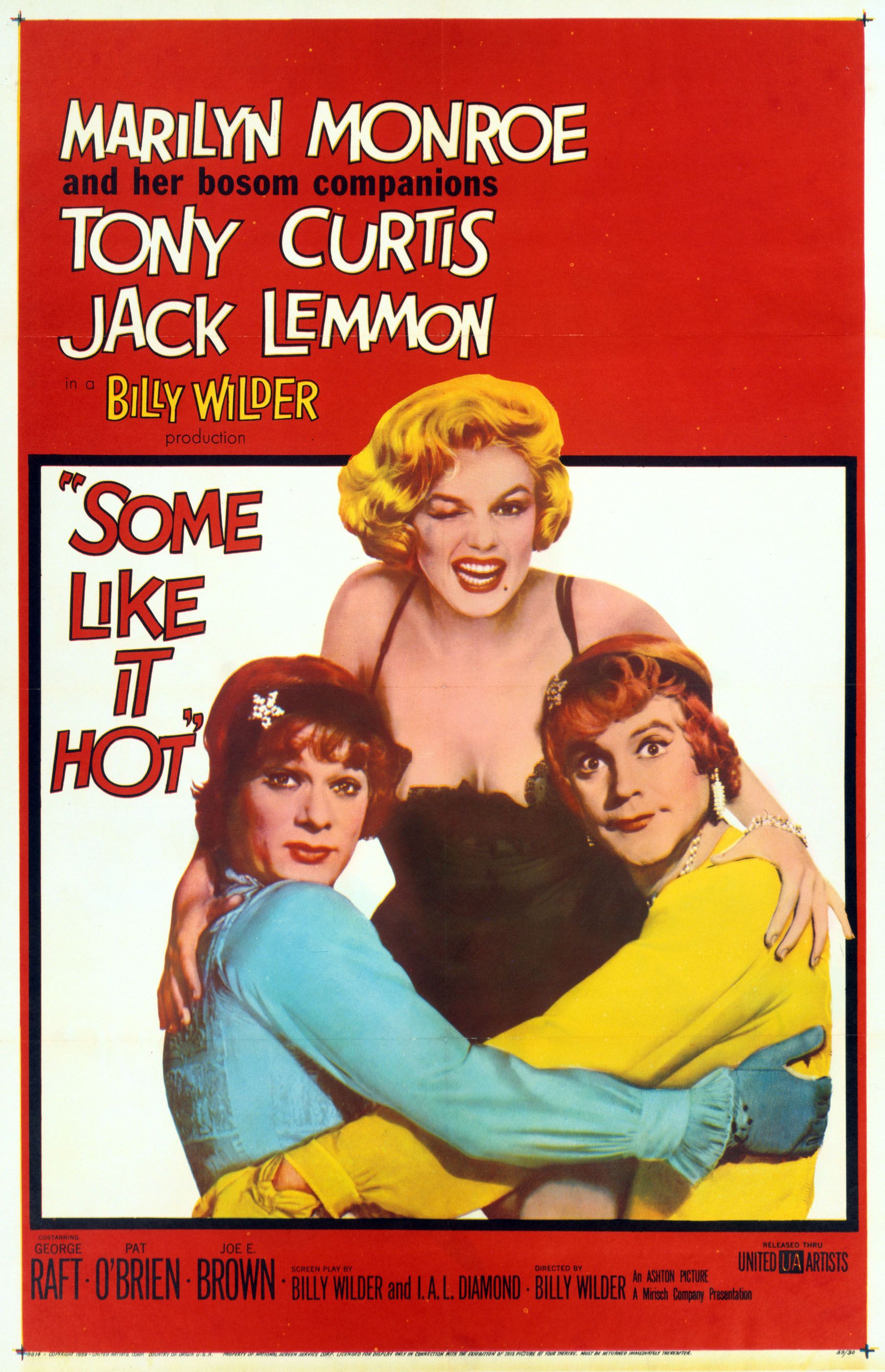
Release Date March 19, 1959
Director Billy Wilder
Runtime 121 minutes
Writers Billy Wilder , I.A.L. Diamond , Robert Thoeren
6 'Casablanca' (1942)
Written by Julius J. Epstein, Phillip G. Epstein, and Howard Koch
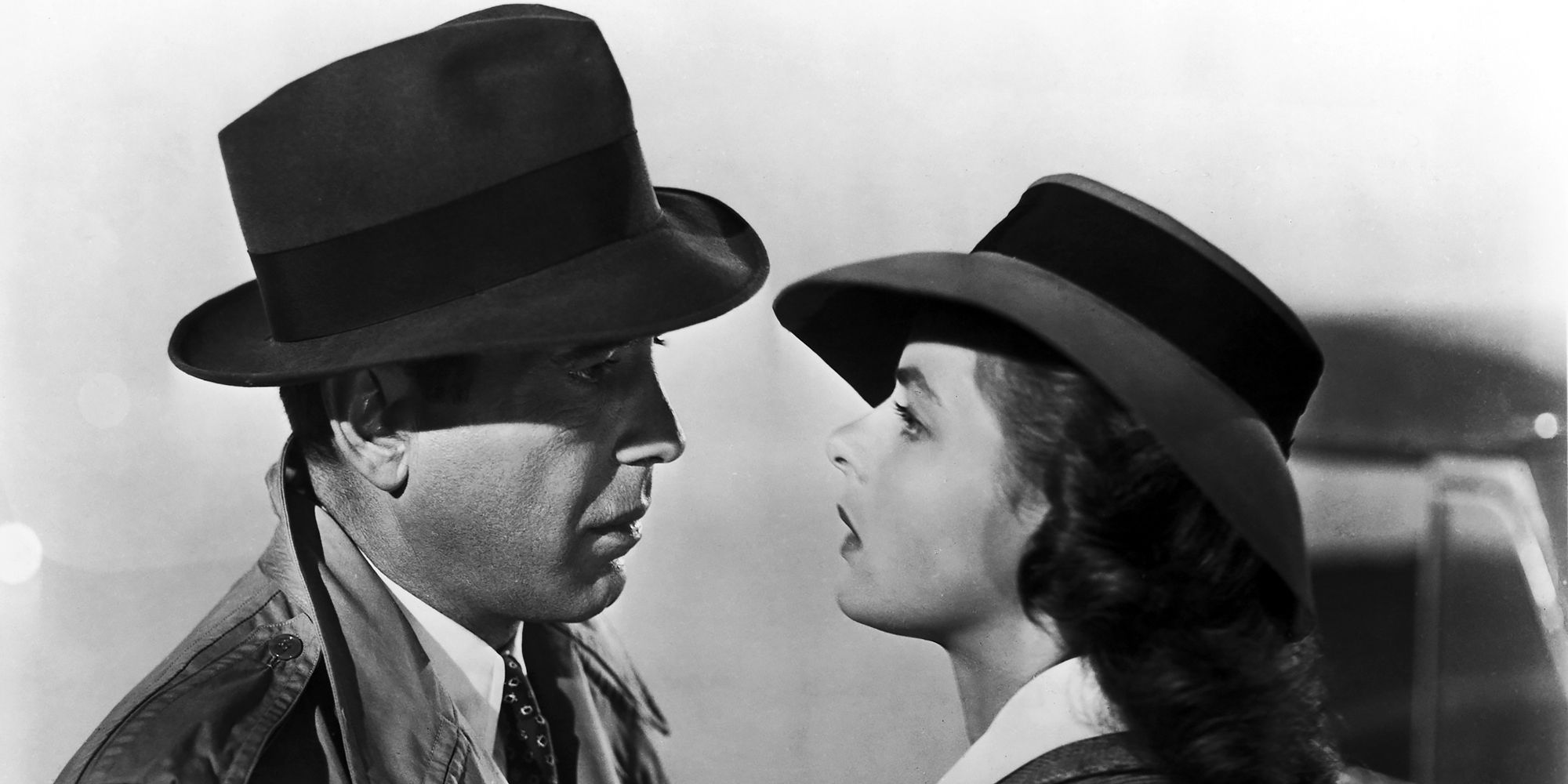 Image via Warner Bros.
Image via Warner Bros. One of the biggest cinematic icons of the '40s and Classical Hollywood in general, the endlessly quotable Casablanca reigns supreme above all other romantic dramas. It's about a cynical American cafe owner living in French Morocco, struggling to decide whether he should help his former lover and her fugitive husband escape Nazi persecution. There were many extraordinary movies made during World War II, but this is perhaps the best one.
With what many would praise as the best war movie screenplay ever, Casablanca charms and enchants with its memorable and layered characters, endlessly quotable dialogue, and engrossing central romance. It's thanks to this perfect template that director Michael Curtiz was able to direct an equally perfect movie, where every single element works in favor of the thoroughly entertaining story.
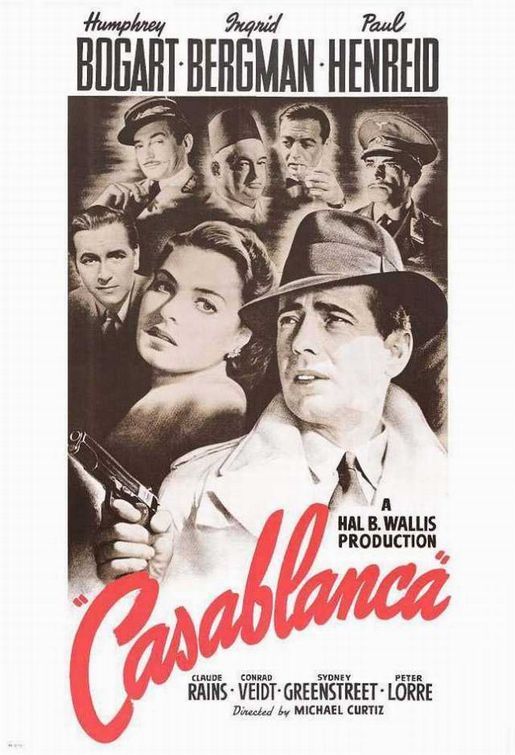
Casablanca
Release Date January 23, 1943
Director Michael Curtiz
Runtime 102 minutes
Writers Julius J. Epstein , Philip G. Epstein , Howard Koch , Murray Burnett , Joan Alison , Casey Robinson
5 'Being John Malkovich' (1999)
Written by Charlie Kaufman
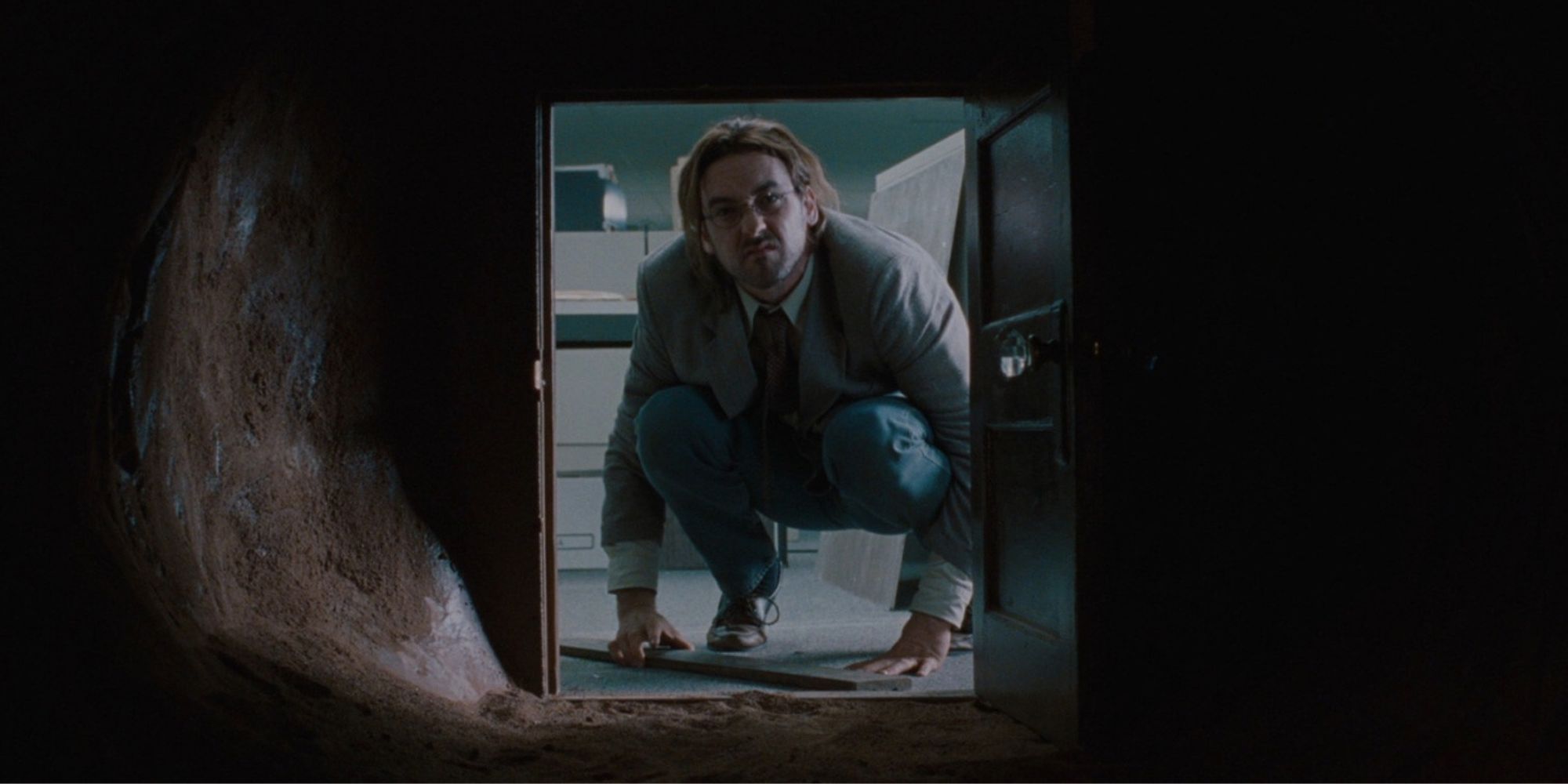 Image via USA Films
Image via USA Films Perhaps the best screenwriter working today, Charlie Kaufman is often as much of an auteurial force in every film he's ever written as the men who have directed them. That is certainly the case in what may just be the best writing debut of the modern era, the brilliant Spike Jonze's Being John Malkovich. It's a fantasy satire where a puppeteer discovers a portal in his office that leads literally into the head of esteemed character actor John Malkovich.
An existentialist masterpiece that's as irresistibly hilarious as it is deeply thought-provoking.
Perhaps Kaufman's best film and best script, Being John Malkovich is a genius deconstruction of identity, stardom, and yearning. Packed with the cynicism, neuroticism, and ridiculously absurdist humor that would go on to characterize the writer, this one-of-a-kind exercise in ego is an existentialist masterpiece that's as irresistibly hilarious as it is deeply thought-provoking.
4 '12 Angry Men' (1957)
Written by Reginald Rose
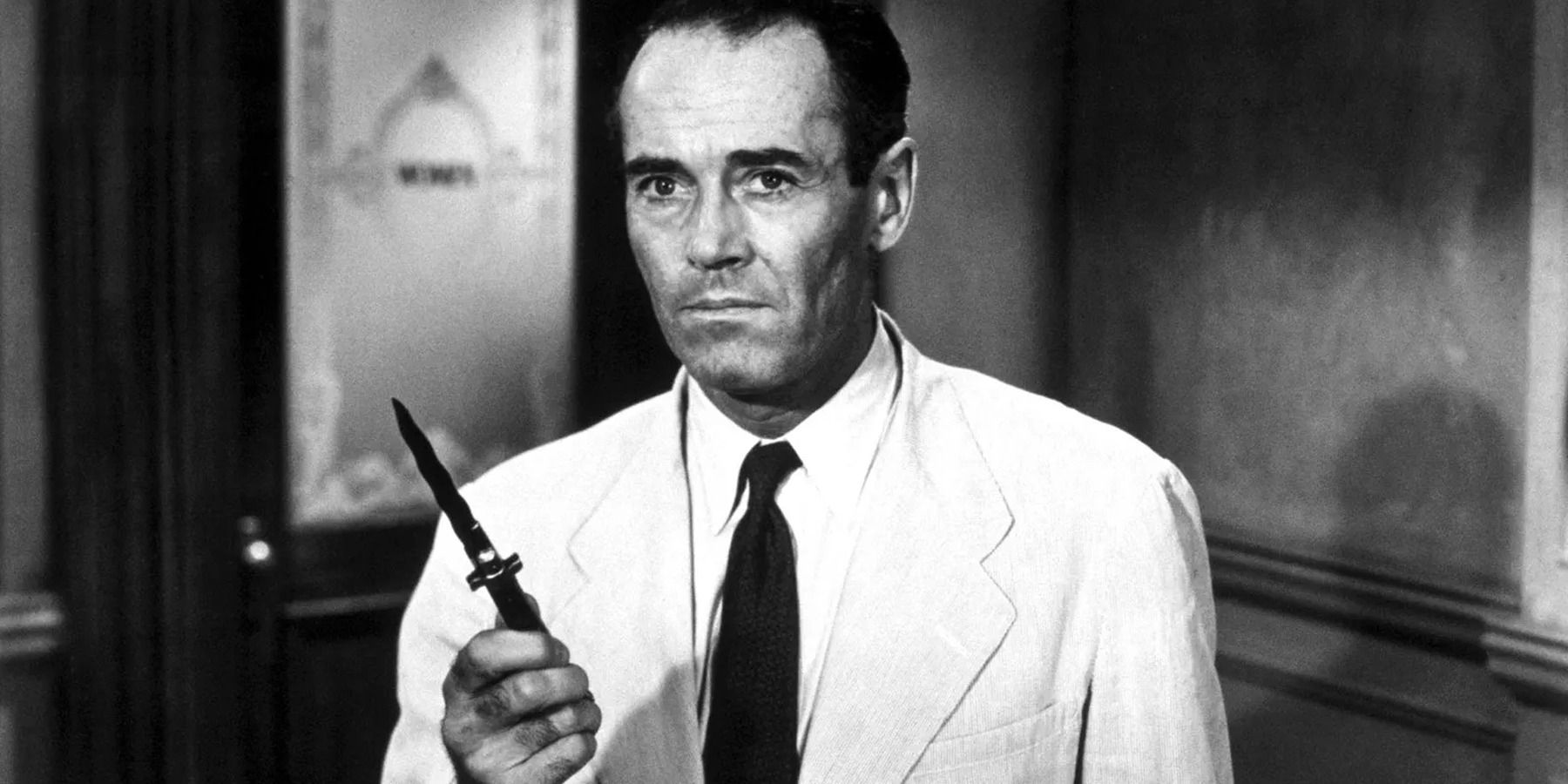 Image via United Artists
Image via United Artists You don't need a grand, complex story with multiple locations to craft a masterpiece. Sidney Lumet proved that in 1957 with his engrossing legal drama 12 Angry Men, which is almost all set in a locked courthouse room. It follows the jury in a New York City murder trial, frustrated by a single member whose skeptical caution forces them to more carefully examine the evidence before jumping to a verdict.
What does one of the most perfect screenplays of all time create? Well, one of the most perfect movies of the 1950s, of course. Indeed, in just a few pages, Reginald Rose creates a script that feels very reminiscent of a stage play in all the best ways: it's intimate but high-stakes, verbose but introspective. Finding all of its juicy drama in its characters and the complicated dynamics between them, the screenplay of 12 Angry Men shows how good dialogue and compelling characters are all it takes for a film to be fascinating.
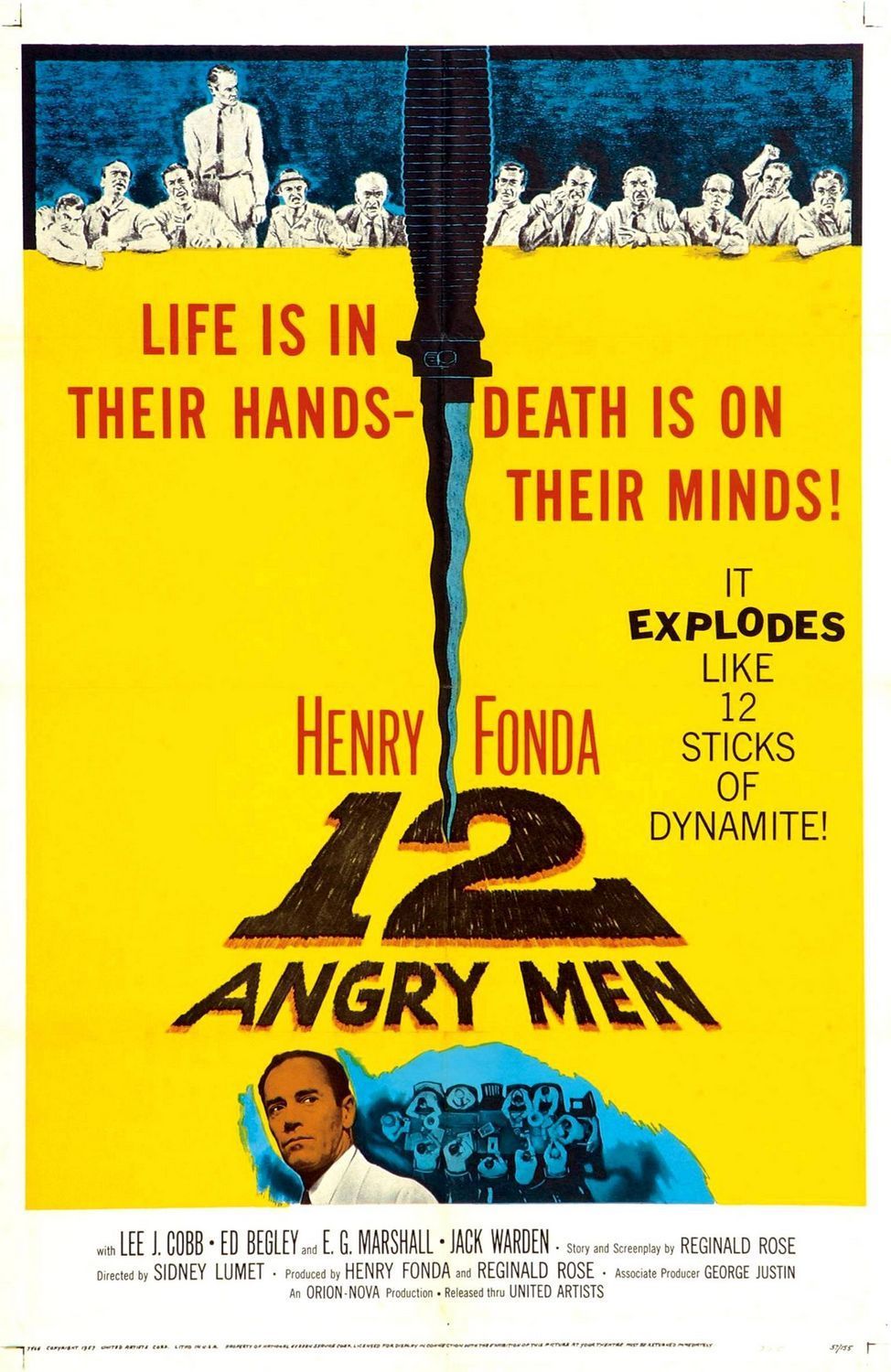
Release Date April 10, 1957
Cast John Fiedler , Henry Fonda , Martin Balsam , Jack Klugman , Lee J. Cobb , E.G. Marshall
Runtime 96 minutes
Writers Reiginald Rose
3 'Chinatown' (1974)
Written by Robert Towne and Roman Polanski
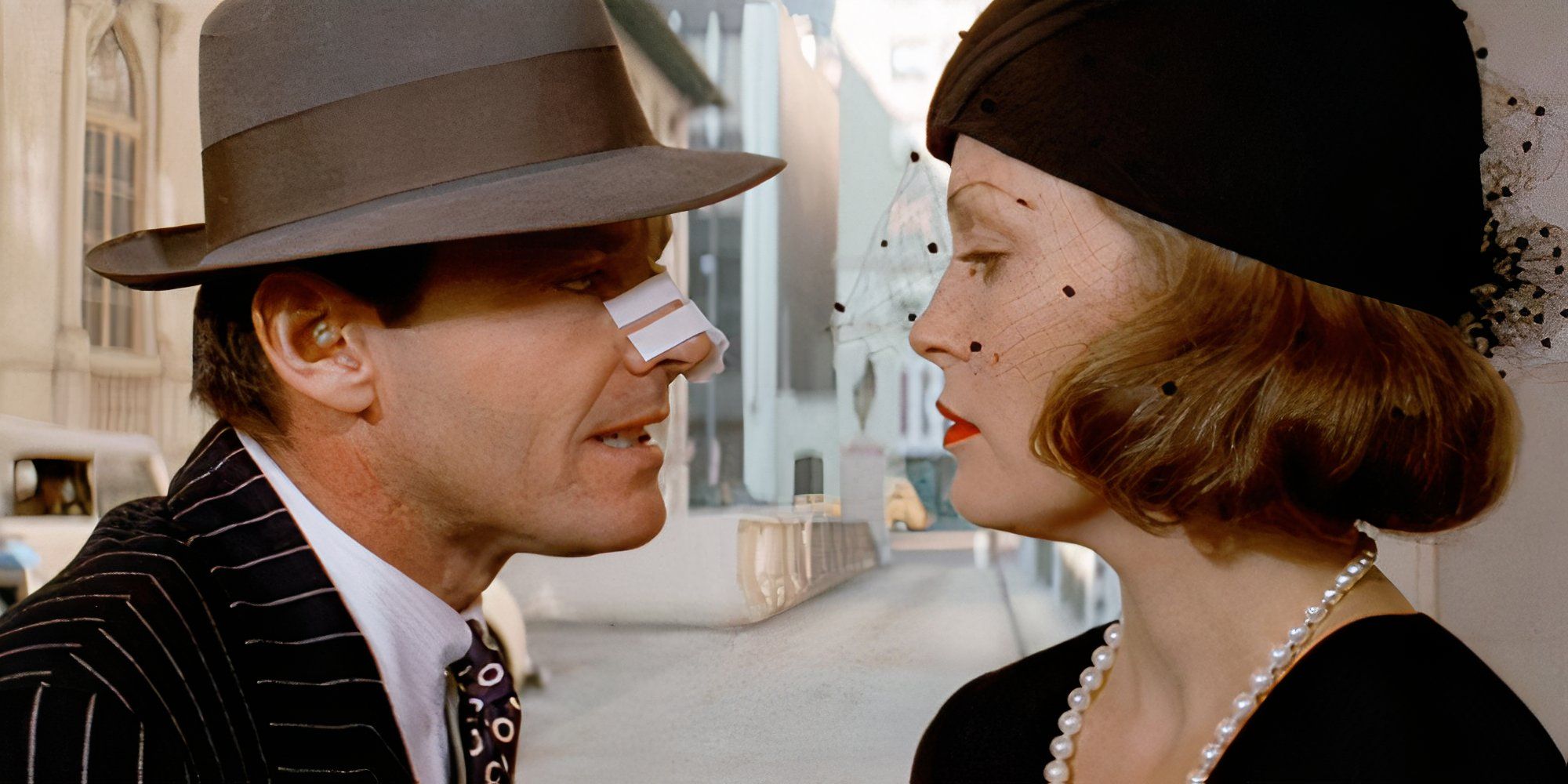 Image via Paramount
Image via Paramount Problematic associations with its director, Roman Polanski, aside, Chinatown is one of the most perfect noir films ever made. It's a hard-boiled conspiracy thriller where a private detective is hired to expose an adulterer in 1930s Los Angeles. What at first seems like a simple enough run-of-the-mill case soon finds the detective caught up in a web of deceit, corruption, and murder.
Written by the legendary Robert Towne, Chinatown's screenplay is as much of a masterwork as the film itself, as well as one of the best film noir screenplays ever written. Whereas most crime mysteries see the character take on a case that seems too complex to solve and then slowly narrow things down until they get to the satisfying solution, Towne inverts that traditional structure. Chinatown's protagonist enters what could make for a very typical detective thriller, and the audience slowly gets to see that mystery turn into a conspiracy far larger than anything anyone could handle. It's a dark, tragic, merciless script, and it shows that Towne truly was one of the best to ever do it.
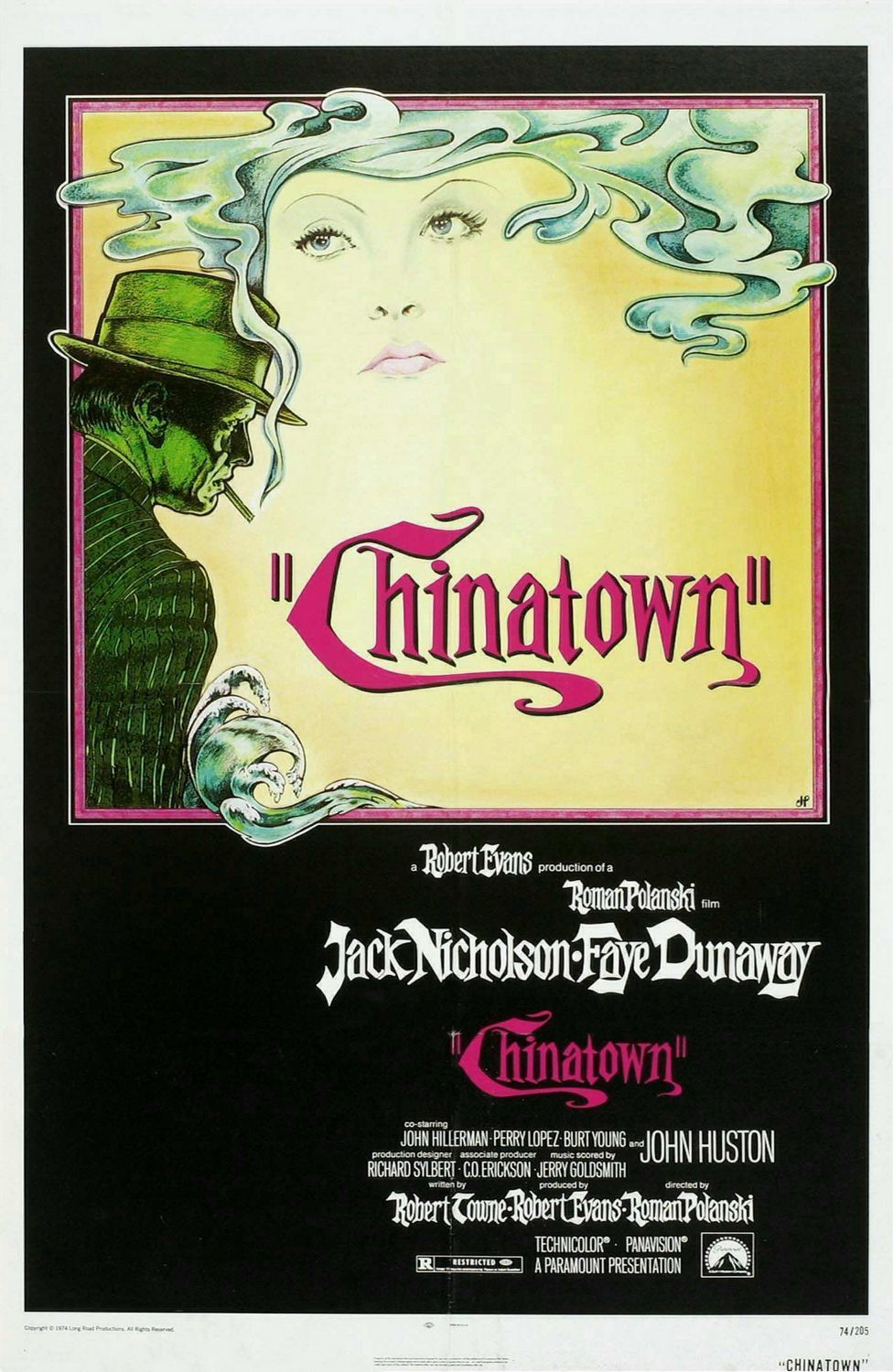
Release Date June 20, 1974
Director Roman Polanski
Runtime 130 minutes
Writers Robert Towne , Roman Polanski
2 'The Godfather' (1972)
Written by Mario Puzo and Francis Ford Coppola
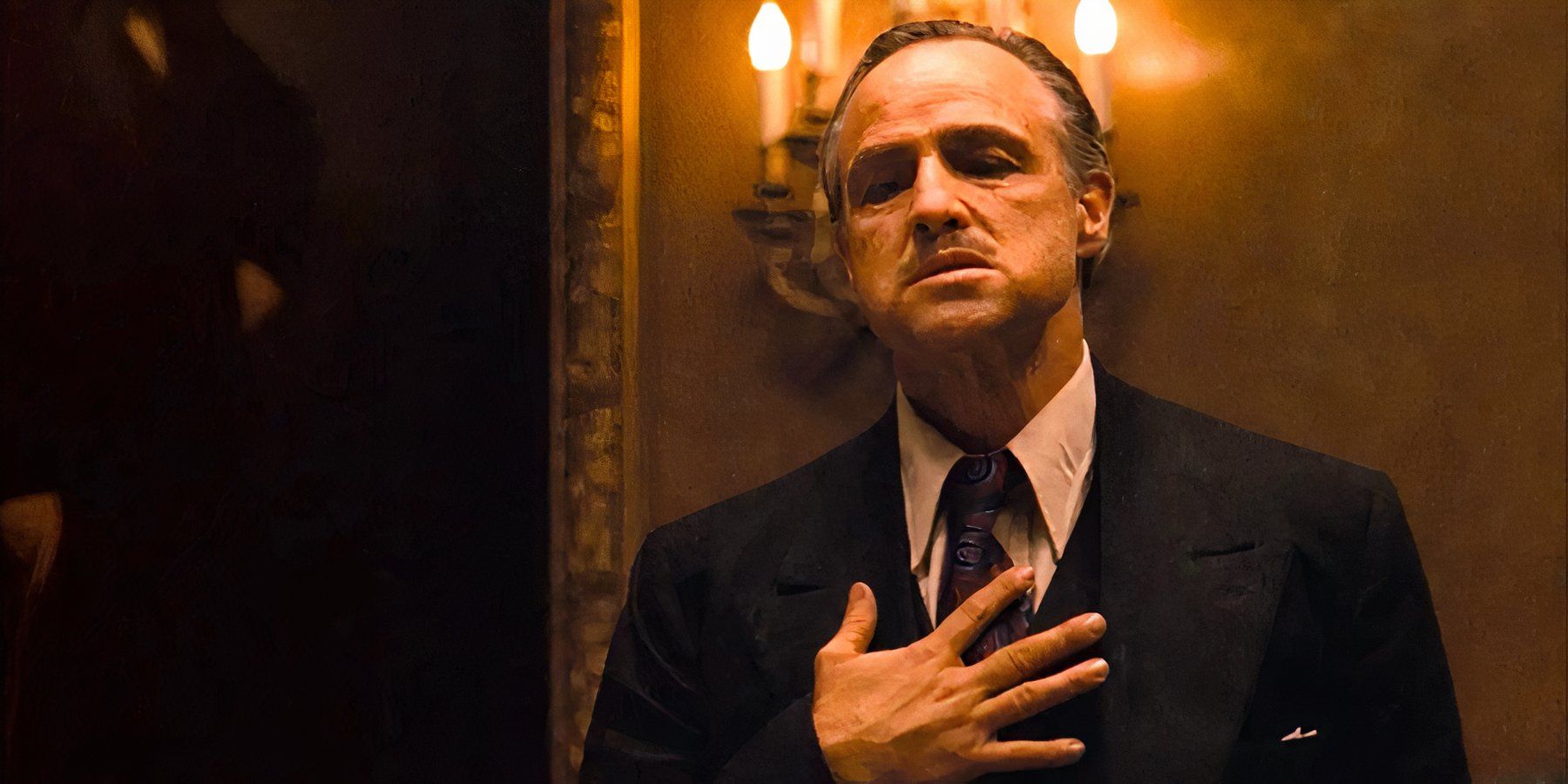 Image via Paramount Pictures
Image via Paramount Pictures There are many who would call Francis Ford Coppola's magnum opus, The Godfather, the greatest film ever made, and it's by no means a crazy claim. This 3-hour-long gangster epic is about the aging patriarch of an organized crime dynasty who has to transfer control of his empire to his reluctant youngest son. It's one of the most finely-crafted, gorgeously-written dramas of all time, with a script penned by Coppola himself and the author of the novel the film is based on, Mario Puzo.
There's a now pretty well-known story that, after his experience writing The Godfather, Puzo went and bought a book about screenwriting to try and hone his craft. In the first chapter, he found the tip "study The Godfather." No more should need to be said about one of the most obligatory screenplay reads for any cinephile or aspiring screenwriter on the planet. The Godfather is the ultimate familial tragedy, an inverse hero's journey that remains as riveting today as it was almost fifty years ago.
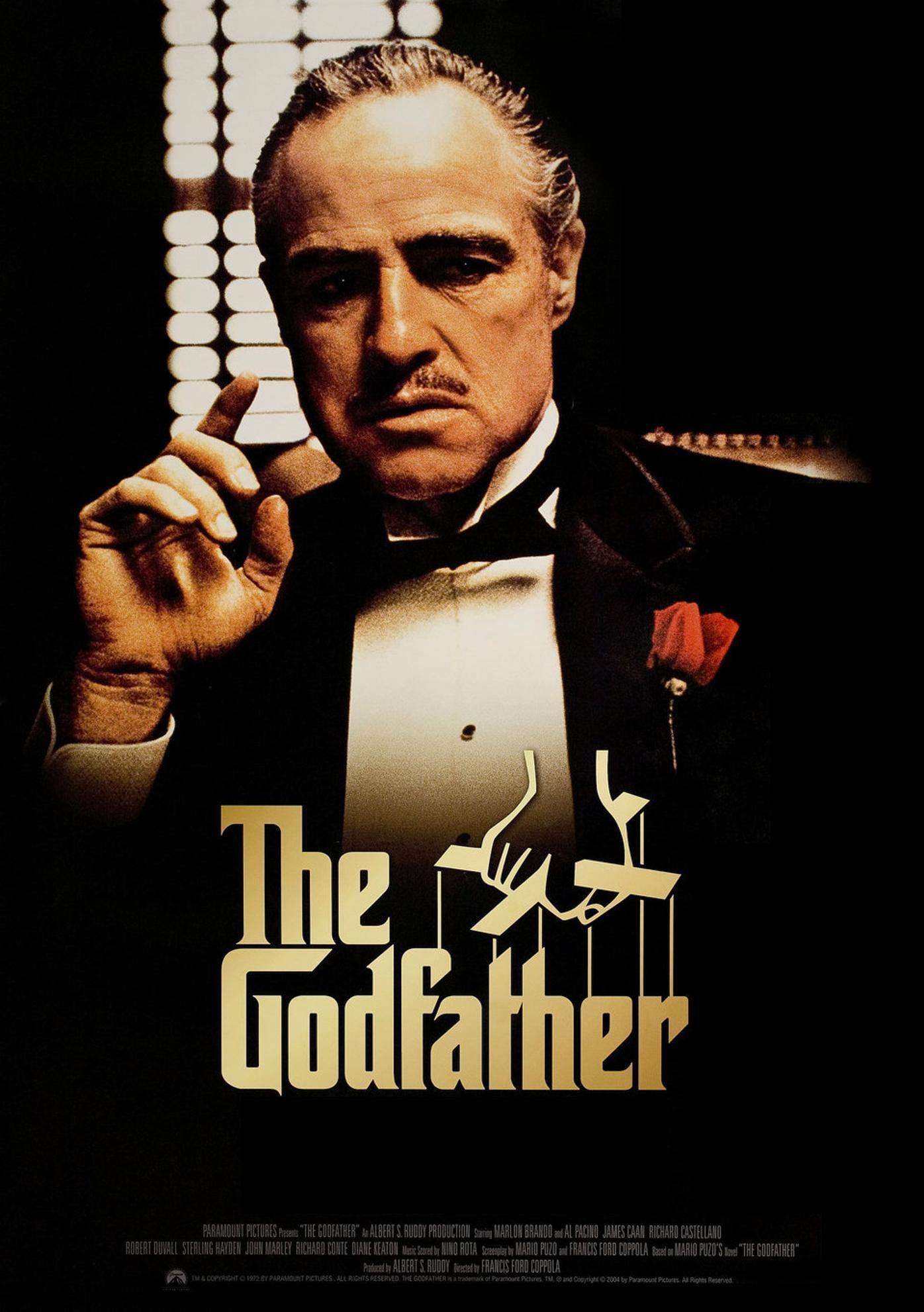
The Godfather
Release Date March 14, 1972
Runtime 175 minutes
Writers Mario Puzo , Francis Ford Coppola
1 'Citizen Kane' (1941)
Written by Herman J. Mankiewicz and Orson Welles
A good number of people who don't see The Godfather as the greatest film ever would instead go for Orson Welles's jaw-dropping directing, writing, and acting debut, Citizen Kane. It's an epic character study where, following the death of powerful tycoon Charles Foster Kane, reporters scramble to uncover the meaning of his final word: "Rosebud."
At the time, Citizen Kane was revolutionary in pretty much every sense that mattered — cinematography, acting, directing, and, of course, writing. One of the first non-linear narratives (and, to this day, perhaps the best), an unprecedentedly deep study of its characters, tremendous amounts of subtext and symbolism, and a fascinatingly complex protagonist all populate this incredibly powerful screenplay, which is utterly perfect from start to finish.


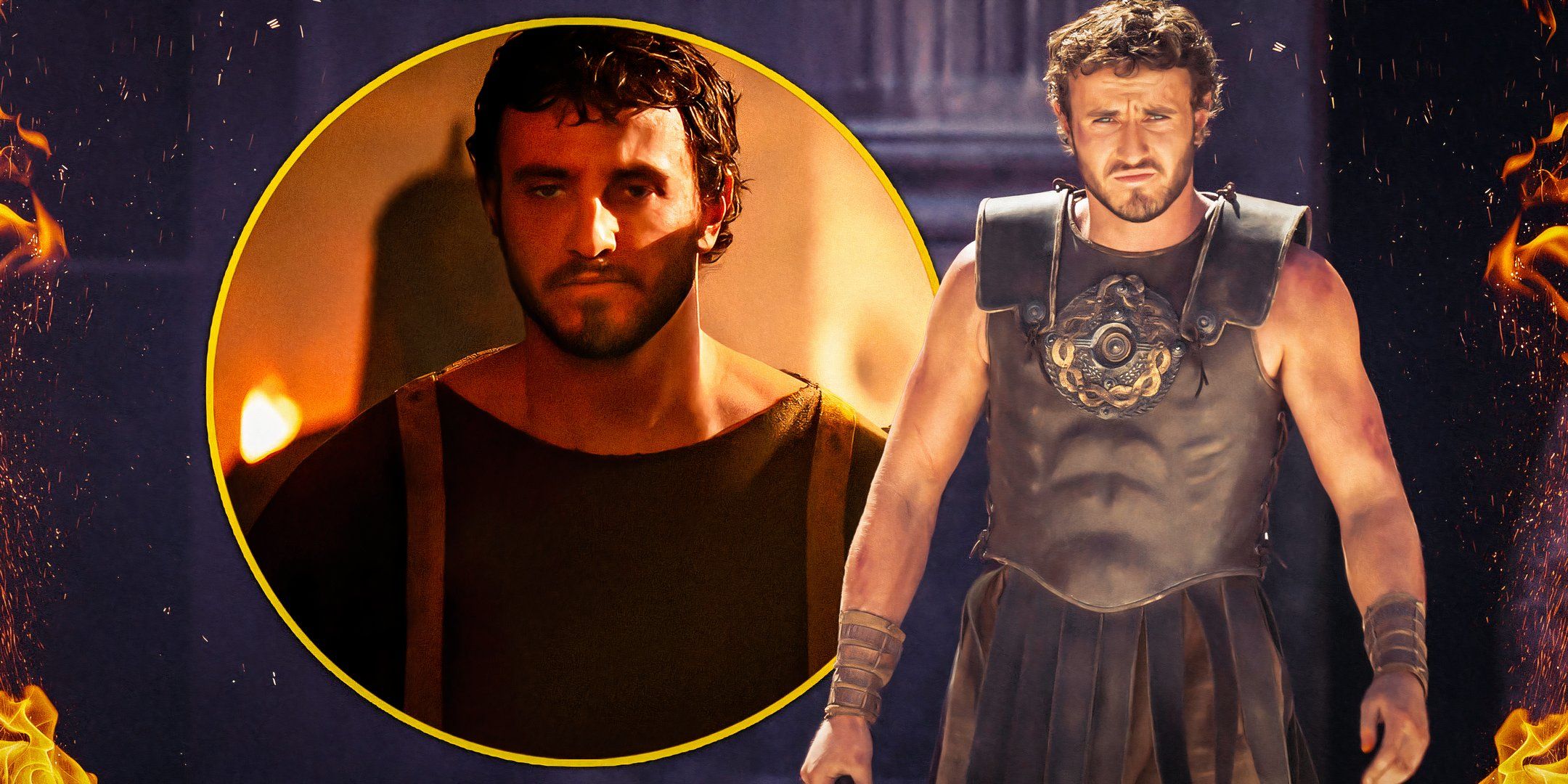

:quality(85):upscale()/2024/10/29/957/n/1922441/c62aba6367215ab0493352.74567072_.jpg)
:quality(85):upscale()/2021/07/06/971/n/1922153/7d765d9b60e4d6de38e888.19462749_.png)

:quality(85):upscale()/2024/10/29/987/n/49351082/3e0e51c1672164bfe300c1.01385001_.jpg)
:quality(85):upscale()/2024/10/30/711/n/1922441/c62313206722590ade53c4.47456265_.jpg)
 English (US) ·
English (US) ·